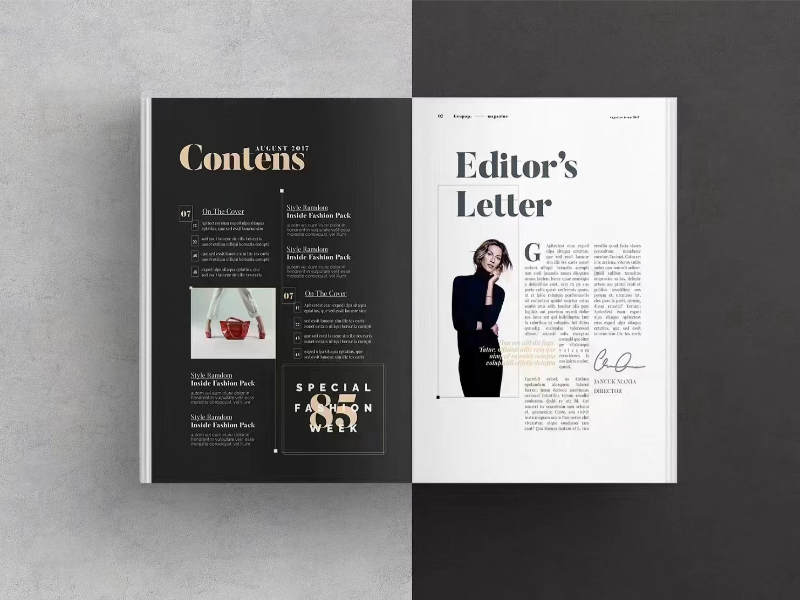- SheerLuxe magazine’s introduction of an AI influencer named Reem on social media has sparked controversy, with some fans criticising the move for potentially displacing human journalists and setting unrealistic beauty standards.
- The company has since apologised for not properly explaining Reem’s role, which is to provide recommendations and acknowledged the importance of innovation.
OUR TAKE
The debate focuses on the role of AI in fashion and lifestyle magasines and its impact on human workers. SheerLuxe has introduced AI editor Reem as a new member of its team, aiming to use technological innovation to provide personalised content recommendations such as fashion and travel advice. The move has been criticised. Some fans and commentators have argued that SheerLuxe may have inadvertently taken away jobs from human journalists, especially in a highly competitive industry where jobs are already scarce.
-Rae Li, BTW reporter
What happened
Popular British lifestyle and fashion magasine SheerLuxe has launched an AI fashion and lifestyle editor Reem. This causes a huge debate on social media, with some fans concerns that AI could take jobs away from human journalists and set unattainable standards of beauty. They also question Reem’s race and identity.
Sheerluxe subsequently issued an apology, acknowledging that they had failed to communicate Reem’s role effectively and that innovation, while at the heart of their brand, should not come at the expense of clear communication. Also, Reem’s role is to offer advice in areas such as fashion, beauty and travel. Moreover, the company clarified that Reem was created in collaboration with an AI image creator from the Middle East to reflect her similarities. At the start of the week, SheerLuxe had 467,000 followers on Instagram. There is only a drop of a few thousand followers, but it may reflect the reaction of some fans.
Also read: Can human influencers compete with AI influencers?
Also read: OpenAI thwarts 5 covert influence operations using AI models
Why it’s important
The controversy surrounding Reem highlights the tension between technological innovation and the protection of human employment in the media industry. Some see the role of AI as a positive step in embracing new technologies, while others are sceptical about the potential replacement of human workers and the perpetuation of unrealistic aesthetic standards.
The magasine’s apology suggests that it recognises the need to balance innovation with sensitivity to audience concerns and wider implications for the future of journalism and employment in the digital age.

